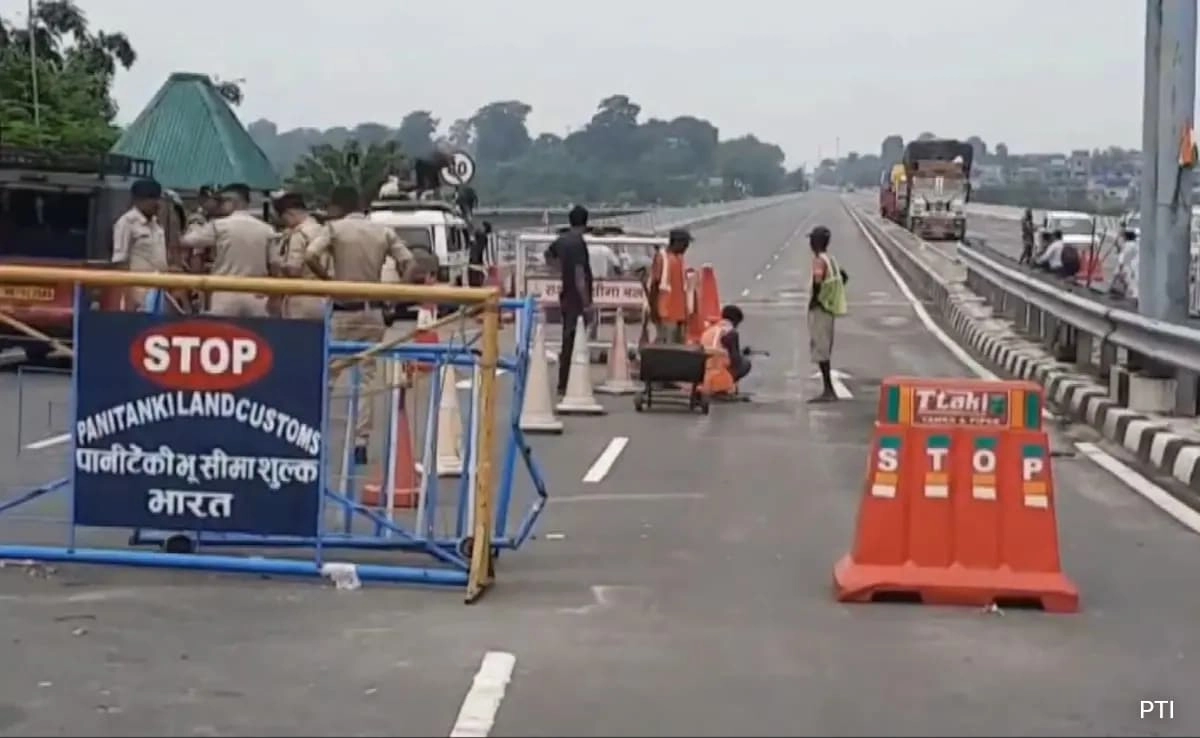The ongoing protests in Nepal have significantly affected various sectors, particularly in flight operations and border security, prompting heightened alertness in India. As demonstrations continue to unfold across Nepal, the implications for regional stability and safety have become increasingly pronounced. Flight operations in and out of Nepal have faced disruptions, leading to a ripple effect on air travel plans for thousands of passengers. Airlines have been compelled to adjust their schedules or cancel flights altogether, creating uncertainty and inconvenience for travelers seeking to navigate the increasingly volatile situation. This disruption not only impacts those directly involved but also raises concerns about the broader economic implications for tourism and trade between the two neighboring countries.
In response to the escalating protests, Indian authorities have ramped up security measures along the border areas, recognizing the potential for unrest to spill over into Indian territory. The government’s decision to enhance vigilance reflects a proactive approach to ensure the safety of citizens and maintain order in border regions. With a shared history and cultural ties, any instability in Nepal can reverberate through India, prompting officials to be on high alert. The situation has heightened fears of cross-border tensions, which could exacerbate an already fragile political climate in the region.
Moreover, the protests in Nepal are fueled by various socio-political issues, including demands for greater representation, government accountability, and various ethnic rights. These underlying grievances resonate with segments of the population in India as well, particularly in areas with significant Nepali communities. As such, the protests not only highlight the challenges faced by Nepalese society but also serve as a reminder of the interconnectedness of the region. The Indian government must navigate this delicate situation carefully, balancing the need for security with diplomatic sensitivity to avoid inflaming tensions further.
In conclusion, the protests in Nepal have far-reaching implications for both flight operations and border security in India. As the situation continues to evolve, it is crucial for both countries to engage in dialogue and cooperation to address the underlying issues that have led to unrest. Effective communication and collaboration can help mitigate the impact of the protests, ensuring that the relationship between Nepal and India remains resilient in the face of challenges.




